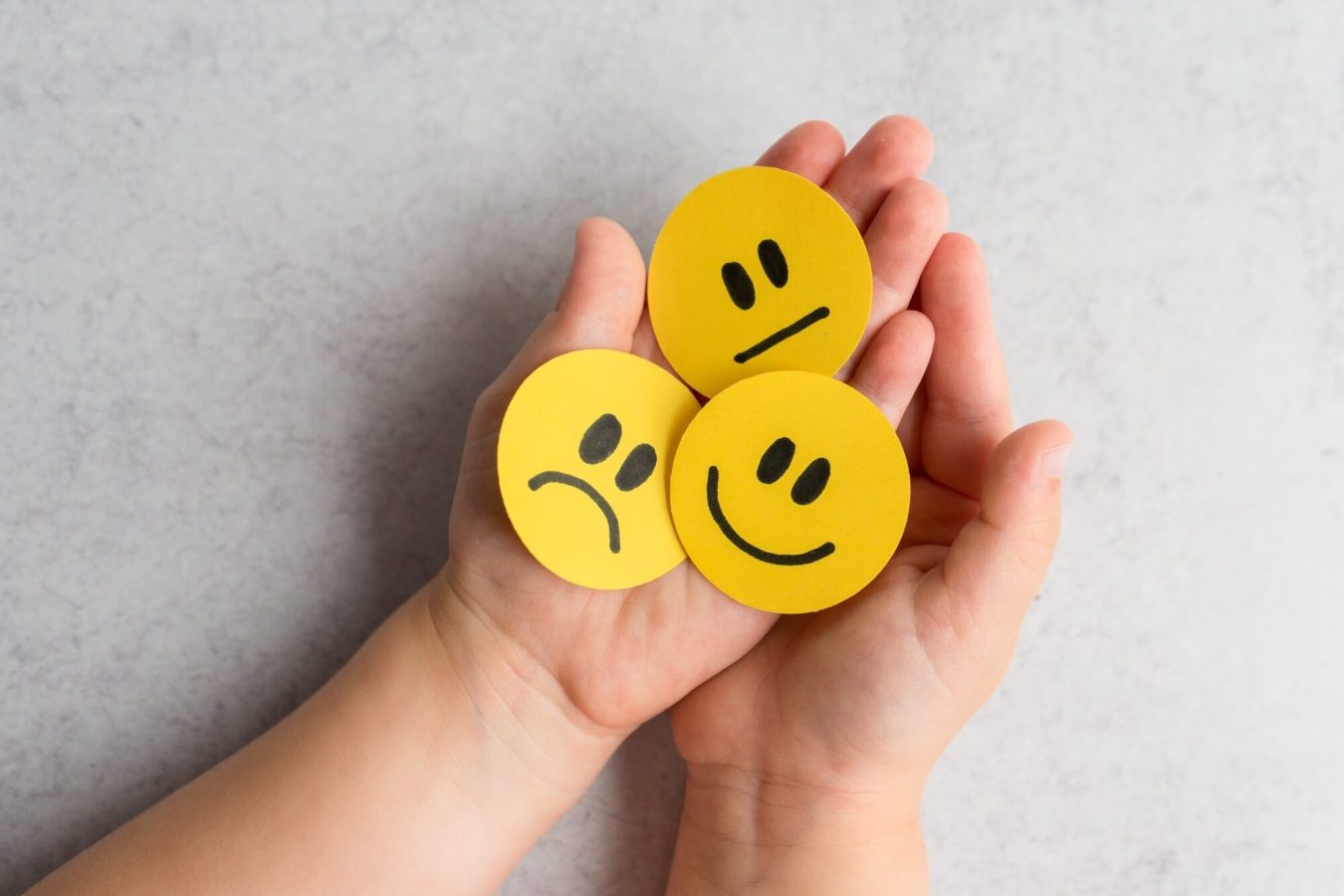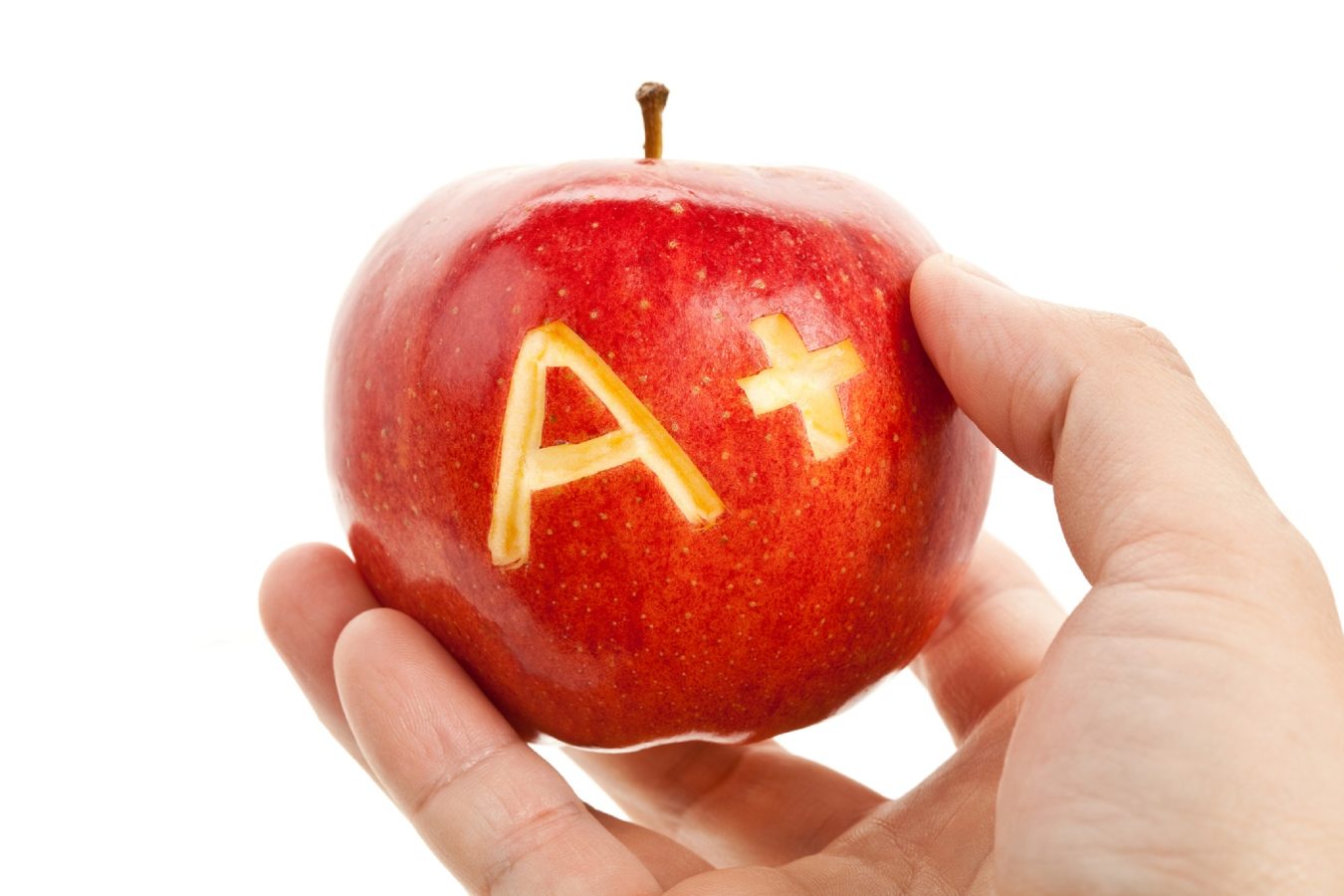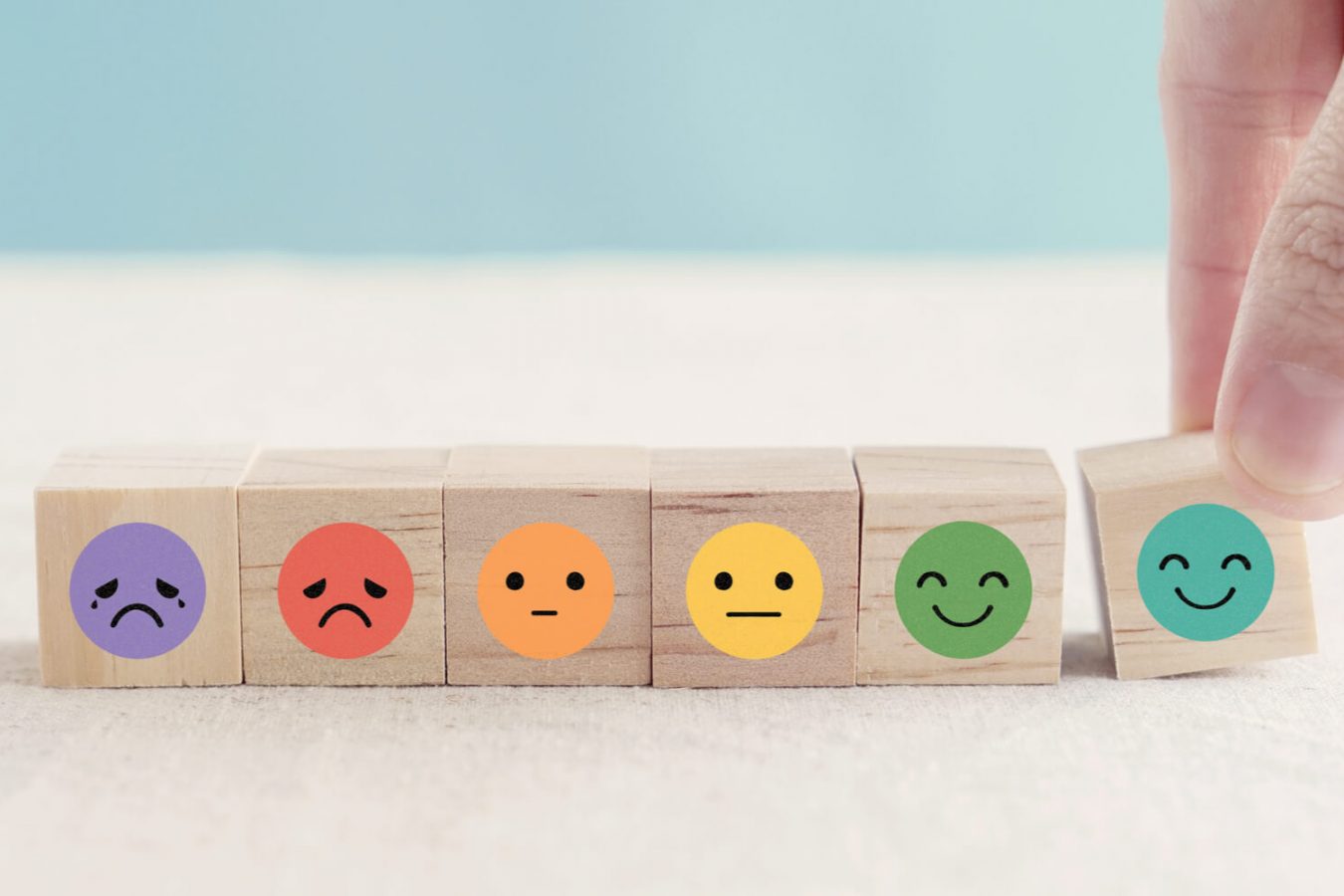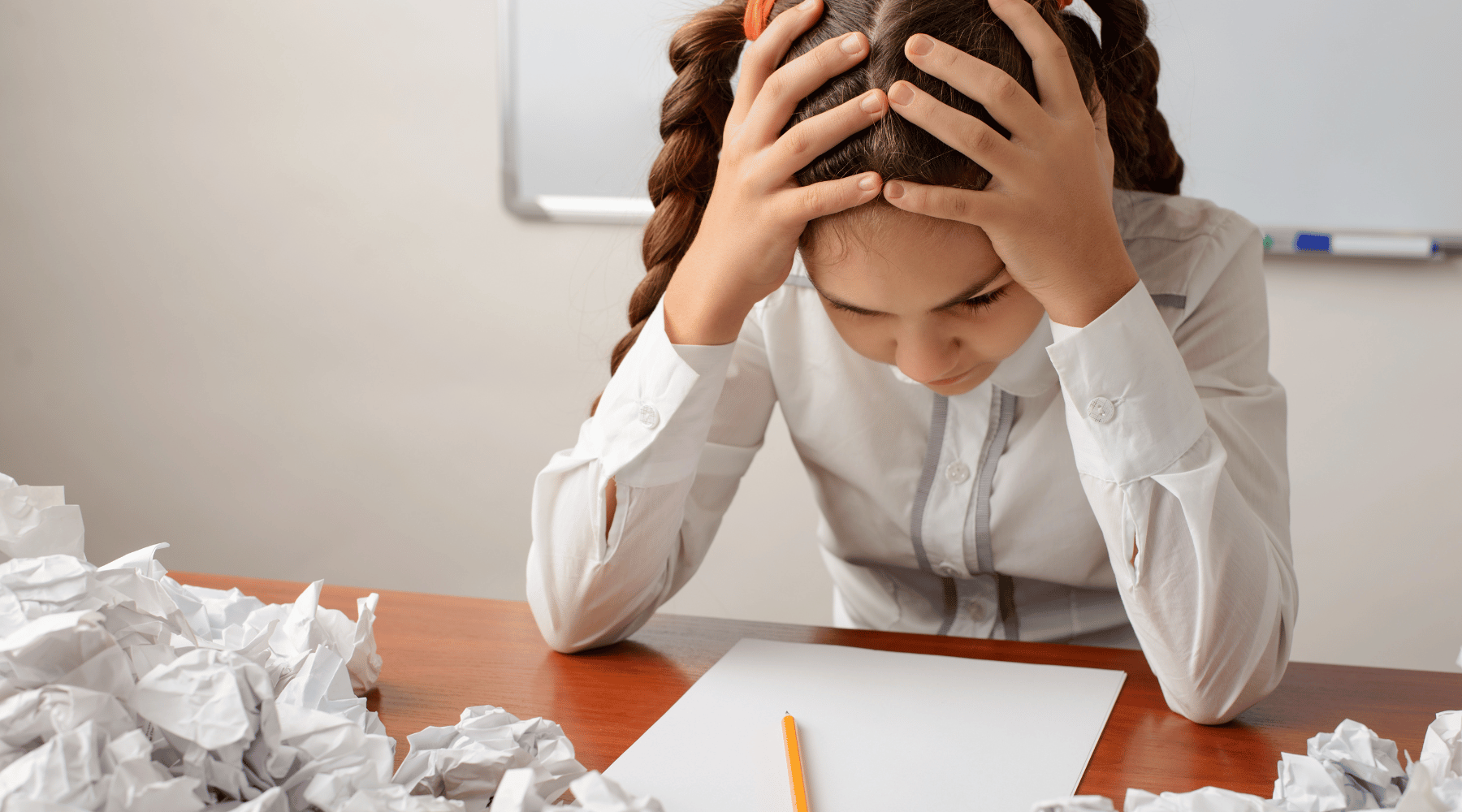
Comparison can drive us to improve but as Amber Sowden writes, it can also lead to self-criticism. Here she offers helpful advice on how to respond to a child in the habit of negative comparison.
Social comparison can happen to a child at any time – during a sports match, on social media, at a birthday party, or in the classroom. Comparison plays a crucial role in the development of identity, shaping of opinions and establishing a sense of self.
Positive comparisons can drive self-improvement, aid in realistic goal setting, and help build empathy. But negative comparisons can derail the self-worth of children, leading to feelings of inferiority, low self-esteem, discontentment, withdrawal, and decreased motivation. Creating supportive environments where children understand their unique strengths and weaknesses and where their perceived worth is not solely determined by their measurement against others, is essential.
Knowing how to spot the signs that a child is using self-comparison not as a positive motivator but rather as a detractor, is crucial to helping children navigate and reframe the comparison traps they will face throughout life.
How to talk about comparison
For many children, comparison starts in the form of simple curiosity. A child might question why they have different household rules or family routines in place asking: ‘Why does my friend get to use the iPad every day?’ or ‘Why does that child have a later bedtime than I do?’. These questions show interest in the behaviour of others, challenge boundaries and express emotions around fairness.
When a child asks questions rooted in comparison, use it as an opportunity to talk about differences. Providing age-appropriate explanations for the dissimilarities they observe both reinforces important family values and encourages a review of the household rules and guidelines in place.
As children enter adolescence comparisons become more pronounced, with social comparisons intensifying, prompting deeper self-evaluation. A child who was once secure in their academics may begin to self-doubt as they realise classmates are excelling in areas they aren’t. A tween with a small, but intimate group of friends may begin to believe they are unpopular because they don’t have a wider social network or access to experiences.
Older children can be supported through these moments with questions that prompt self-reflection such as ‘How does comparing yourself to others make you feel?’ or ‘What do you gain or lose by comparing yourself negatively to others?’ and ‘Are there other ways to evaluate your progress and success without relying on comparisons?’. Questions like these help a teen realise the unhelpful potential of comparison and redirect to more positive thinking.
The pitfalls of comparison
Children who negatively compare themselves to others are likely to become overly self-critical, lack confidence, and fixate on their weaknesses without taking time to recognise their strengths and achievements. They may feel more unsure of themselves and their abilities, give up on tasks and cope poorly when they make a mistake. The risk is that the child refuses to take chances or expose themselves to new experiences to safeguard against failure.
Ultimately, comparison can be the thief of joy, feeding into unrealistic expectations and perfectionism. As a result, the potential to show kindness and empathy may be overshadowed by anxiety and self-focus.
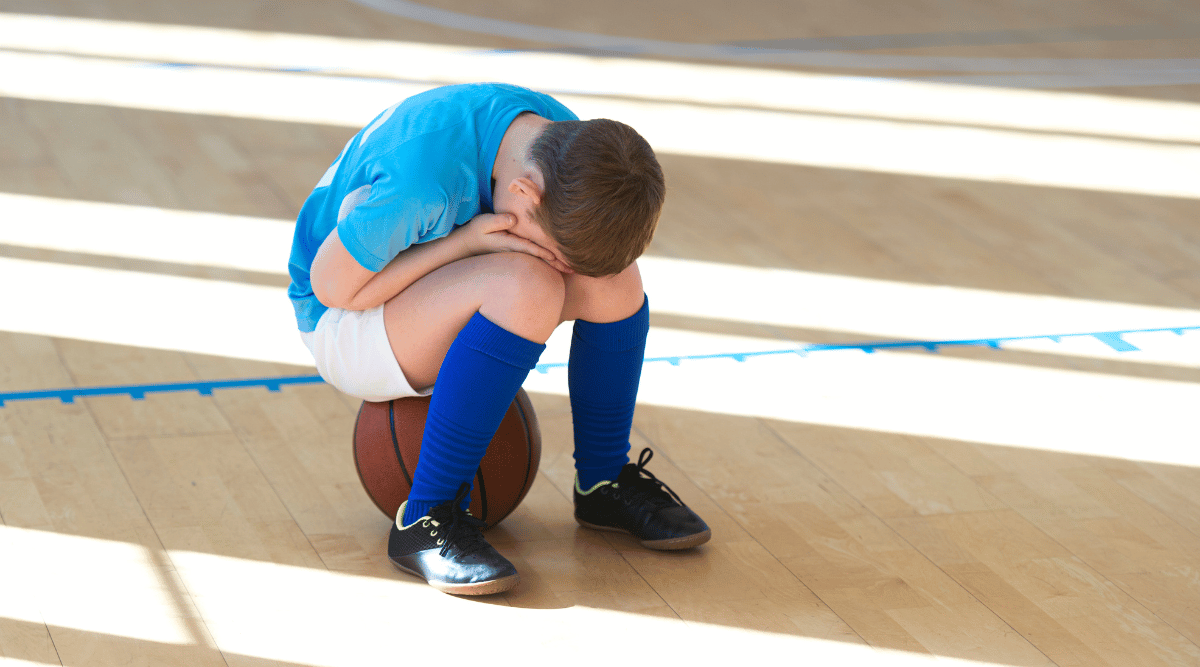
The impact of social media and negative beliefs
Social media holds the potential to magnify self-comparison by exponentially increasing opportunities for children to compare themselves to others.
When a child views the content shared by a celebrity, influencer or peer, they’re presented with a highly curated glimpse into that person’s life, often only seeing achievements, successes and coveted possessions. This is true for people of all ages, but especially for adolescents and teenagers who due to their lack of social experience and understanding of reality, aren’t always able to separate their personal circumstances from those depicted online.
Online content, especially that found on social media, can easily push users into a negative comparison trap. A child might ask ‘Why wasn’t I invited?’ or ‘Why don’t I have that item’ and ‘Why doesn’t my life look like theirs’. To manage these expectations, it’s important to closely monitor and engage in a child’s social media usage. Be open to talking about what they view, who they follow, what they like and don’t like about what they see. Showing interest in their online experience can open discussions about whether it would be helpful to change elements of their online behaviours.
Behaviour modelling and realistic expectations
Parents also have a role to play in modelling healthy comparisons. Consider how you talk about other people – including siblings – and the verbal comparisons made to others about yourself and your child. Avoid focusing on results, whether these be academic, sporting or social, and instead offer applause when a child attempts something new or gives a task their best shot.
Setting realistic expectations and goals is another effective way to prevent comparison from taking a negative turn. For example, if a child wants to be the best basketball player on the team, it’s important to manage expectations in the event this doesn’t eventuate. Talking about how the child would feel if they achieved this goal – versus if they didn’t – allows them to consider multiple short- and long-term outcomes. A level of self-awareness enables children to react more positively to unplanned failures or shortcomings in the future.
Celebrating difference
Helping children celebrate differences in themselves and others, and encouraging them to explore their own individuality, builds confidence and helps children value who they are.
To support children in exploring their uniqueness, it’s important to introduce opportunities for autonomy in their life. Having agency to make decisions, allows them to better explore who they are and are not. Letting them choose what they wear, their hairstyle and what extra-curricular activities they pursue enables them to experiment as they develop their own interests and social groups. Exploring individuality allows children to focus less on comparison and more on the development of their own uniqueness.
Learning to manage social comparison and self-criticism is a crucial aspect of emotional development for tweens and teens. By understanding the factors that contribute to negative comparison, and how to respond, we can offer them the tools to foster a greater level of self-compassion and assist them in developing a healthy and resilient mindset.
Like this post? Please share using the buttons located on this page.
Stay up to date with our newsletter here
About the author
Amber Sowden is Dean of Students at Strathcona Girls Grammar.
